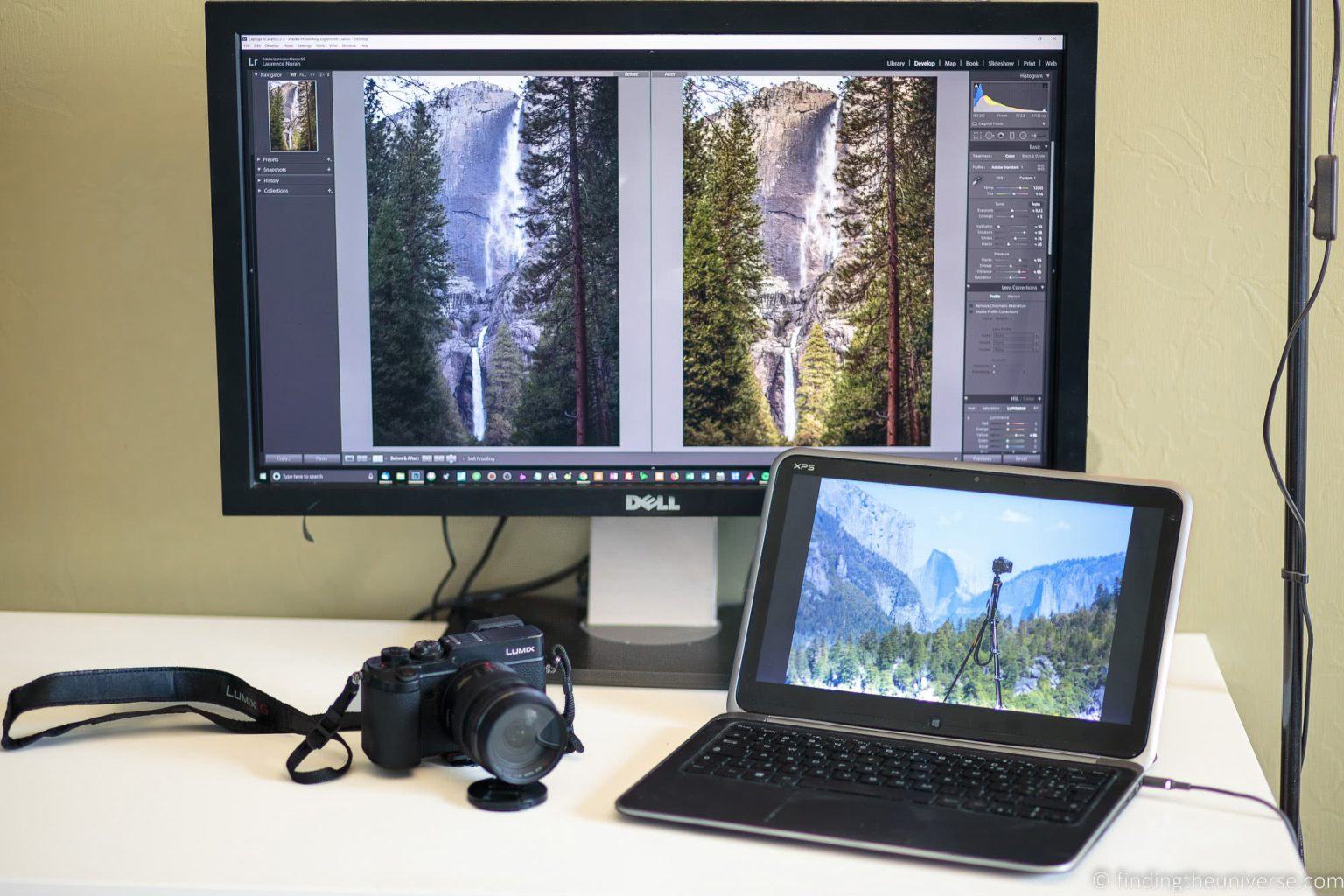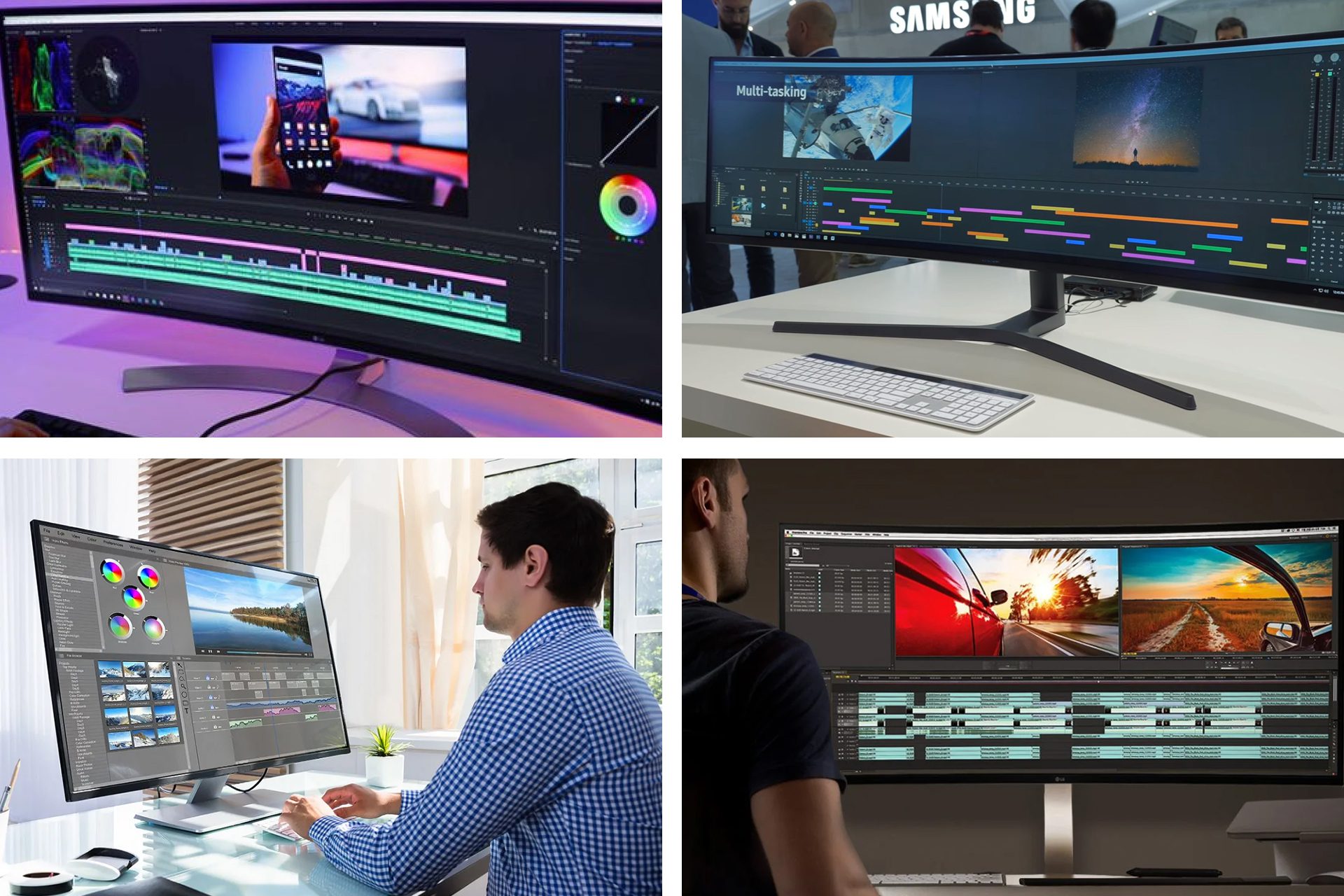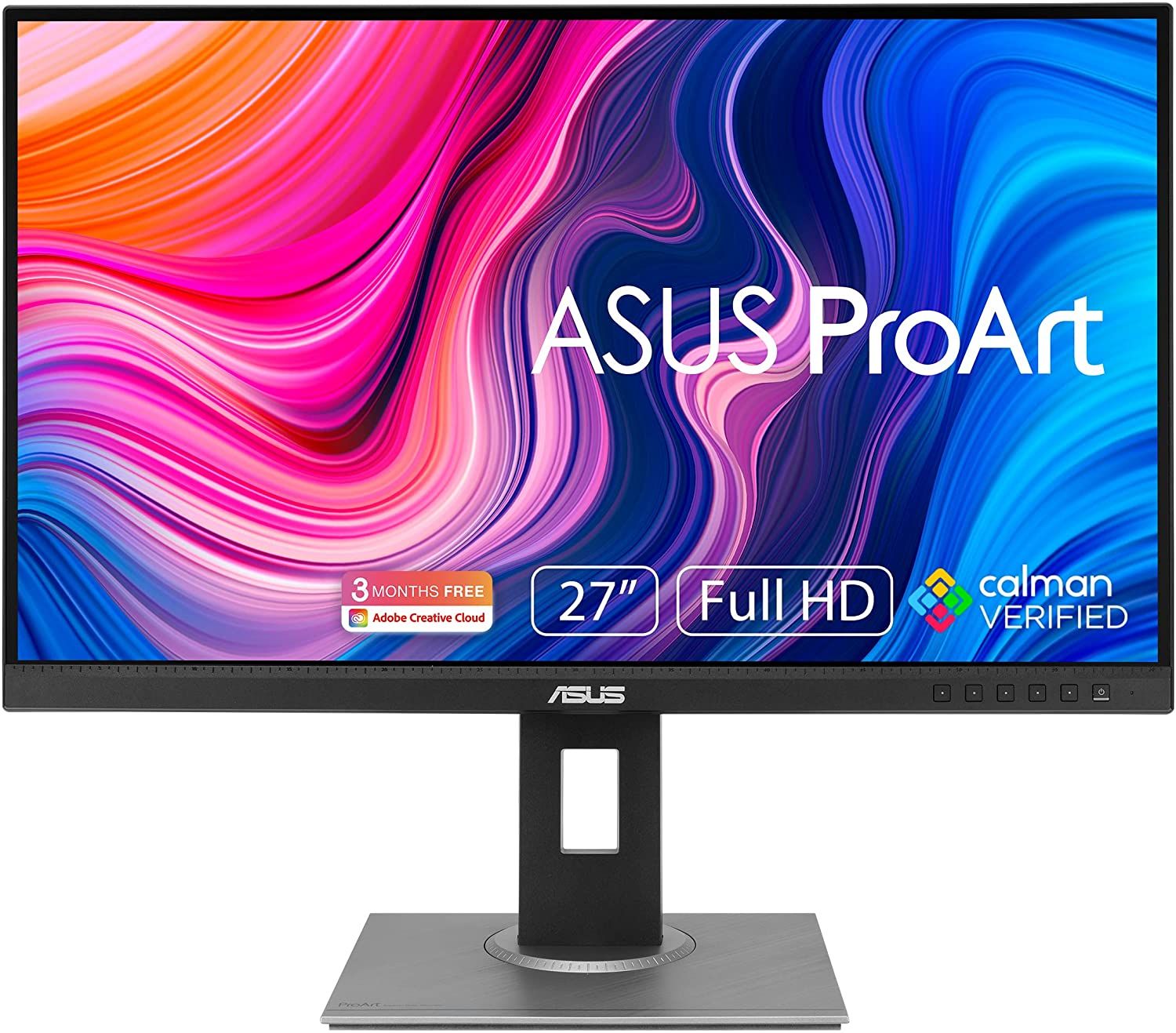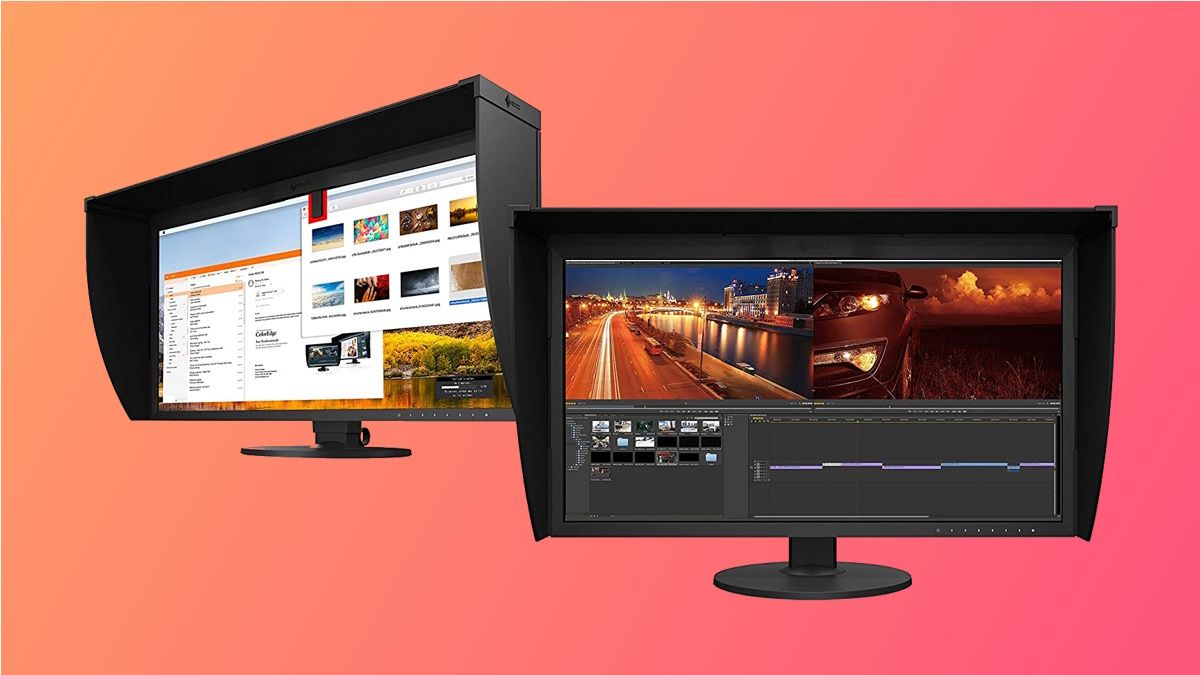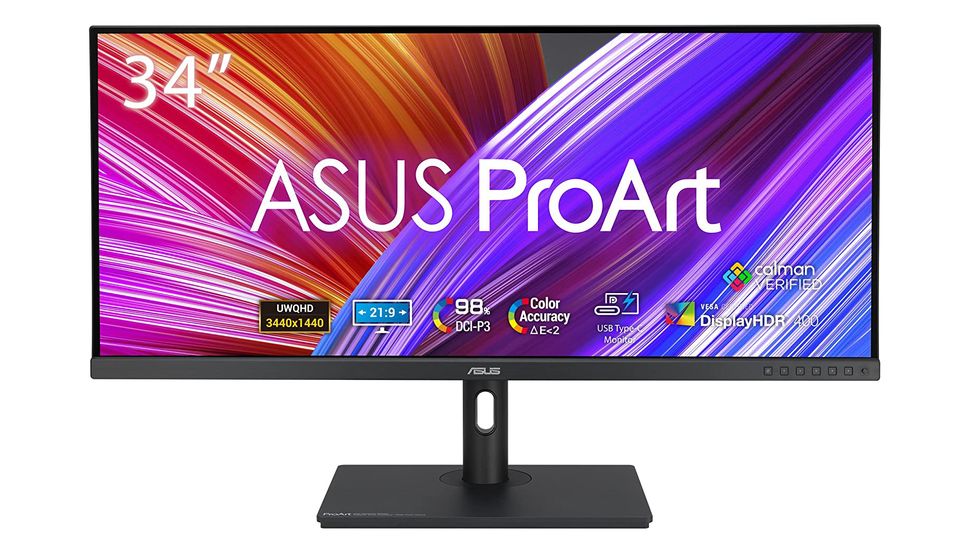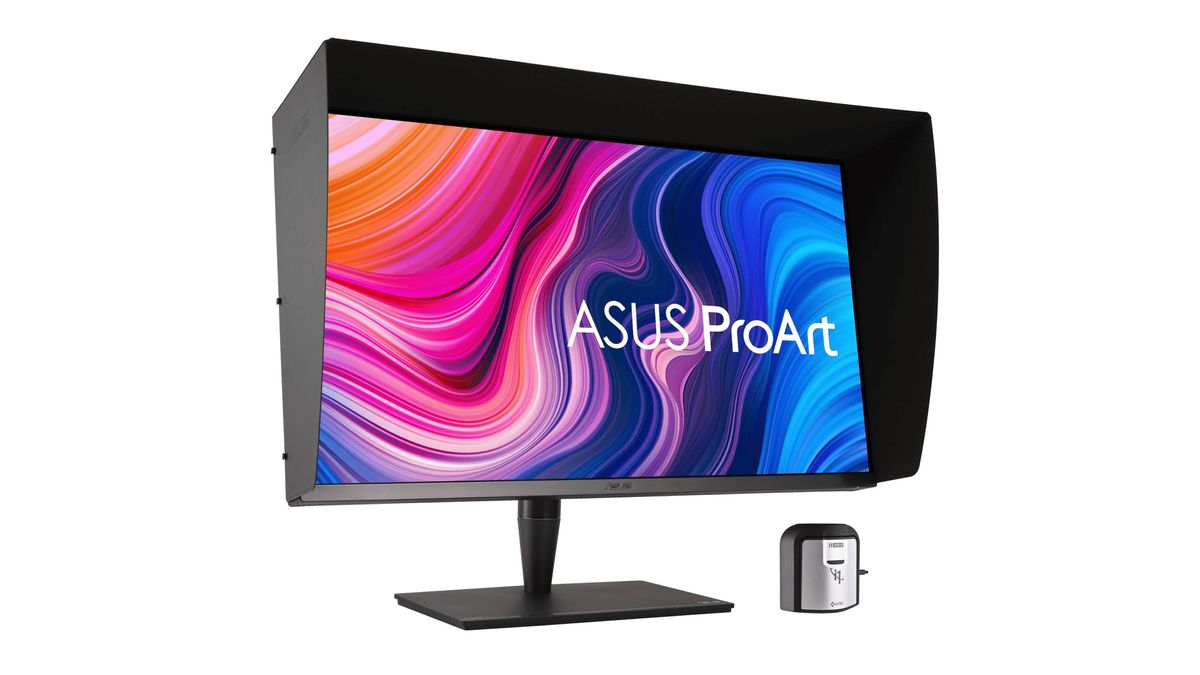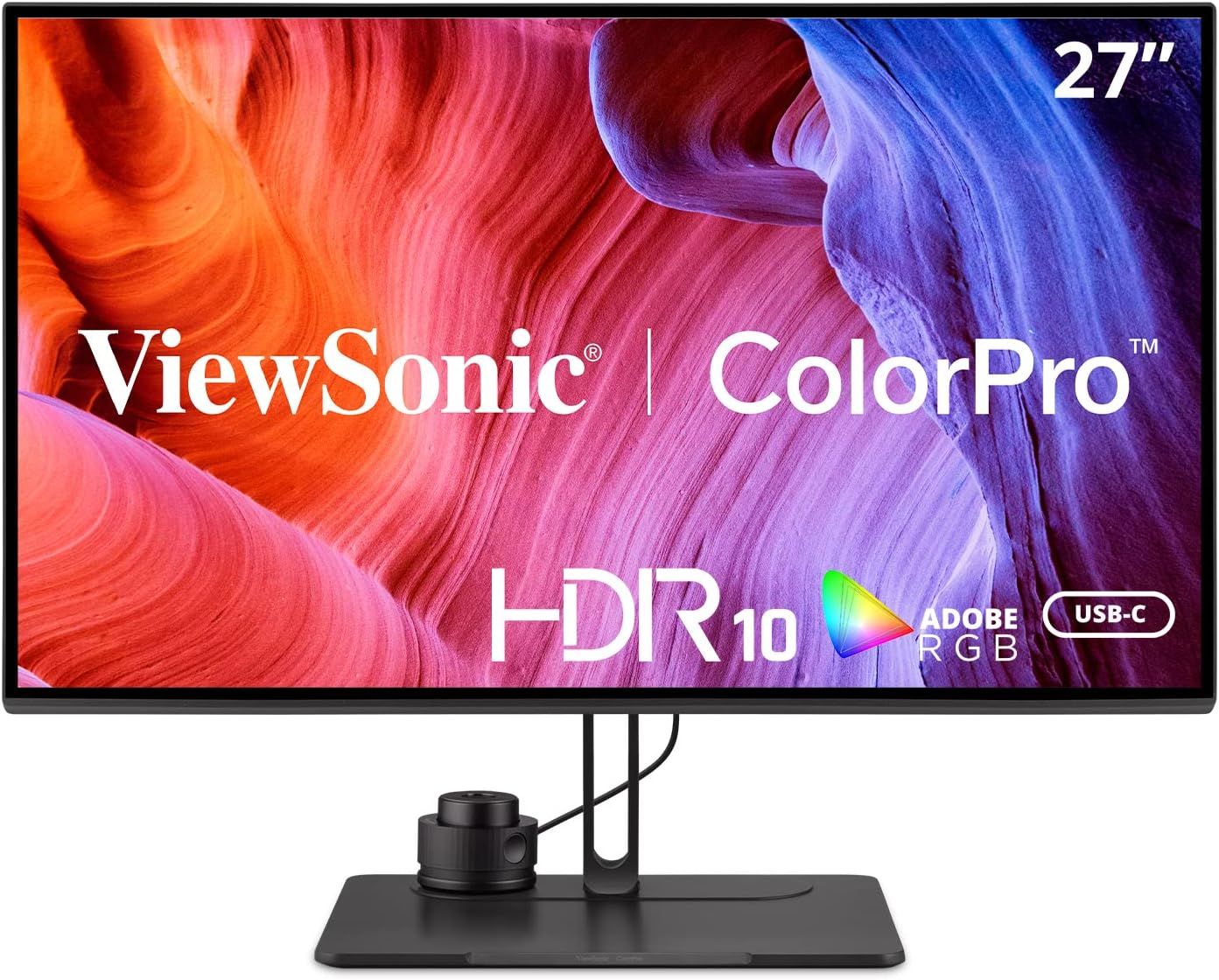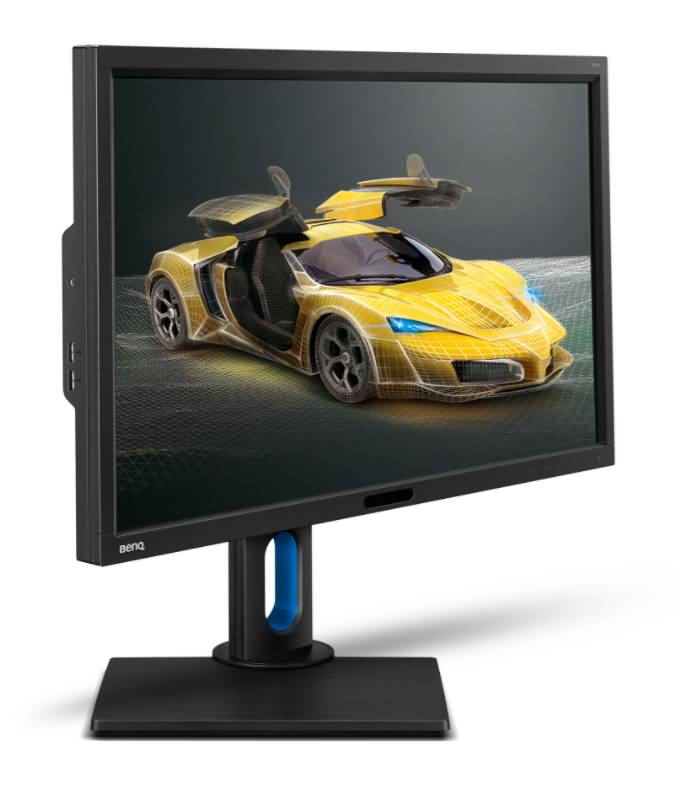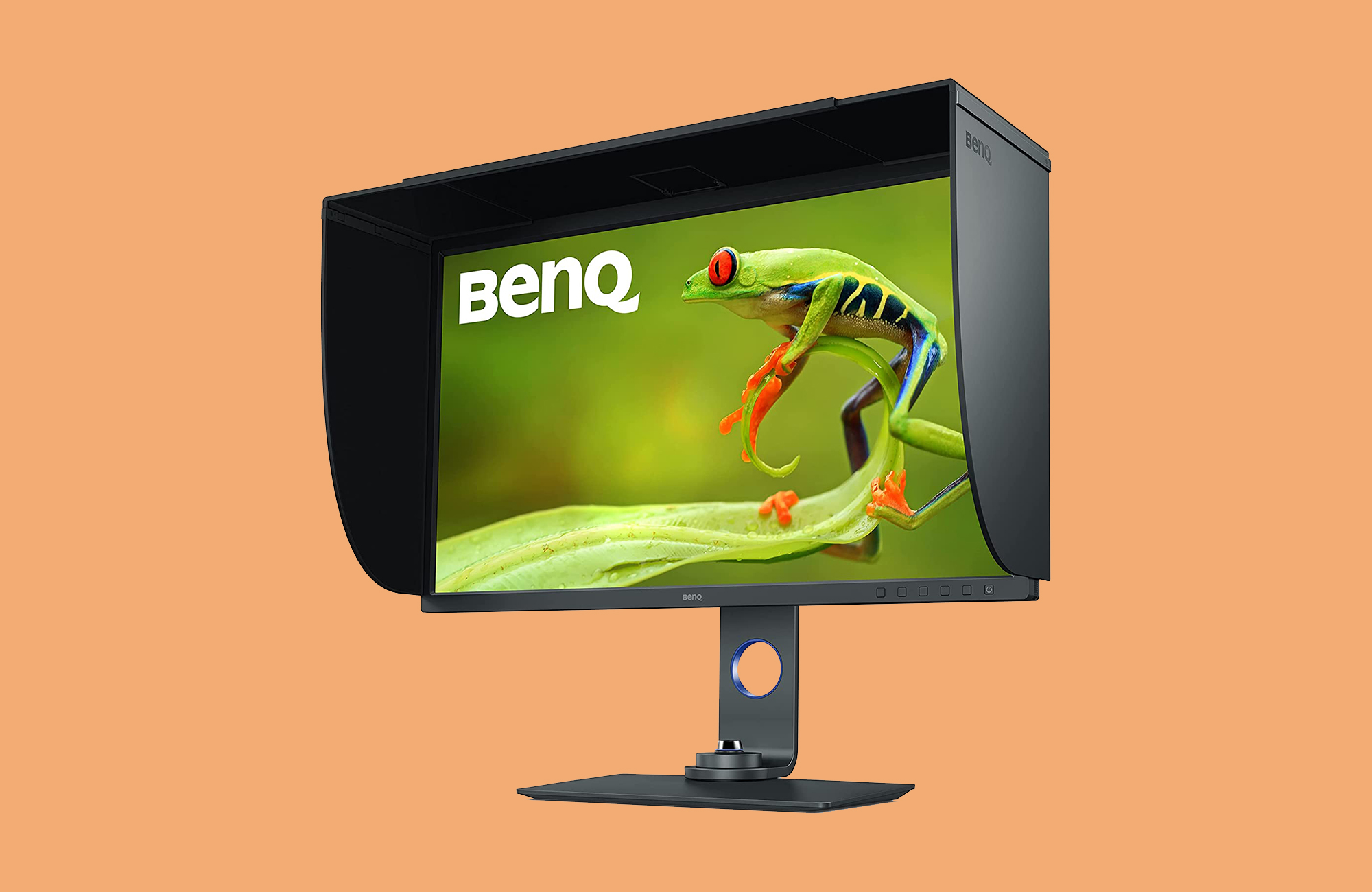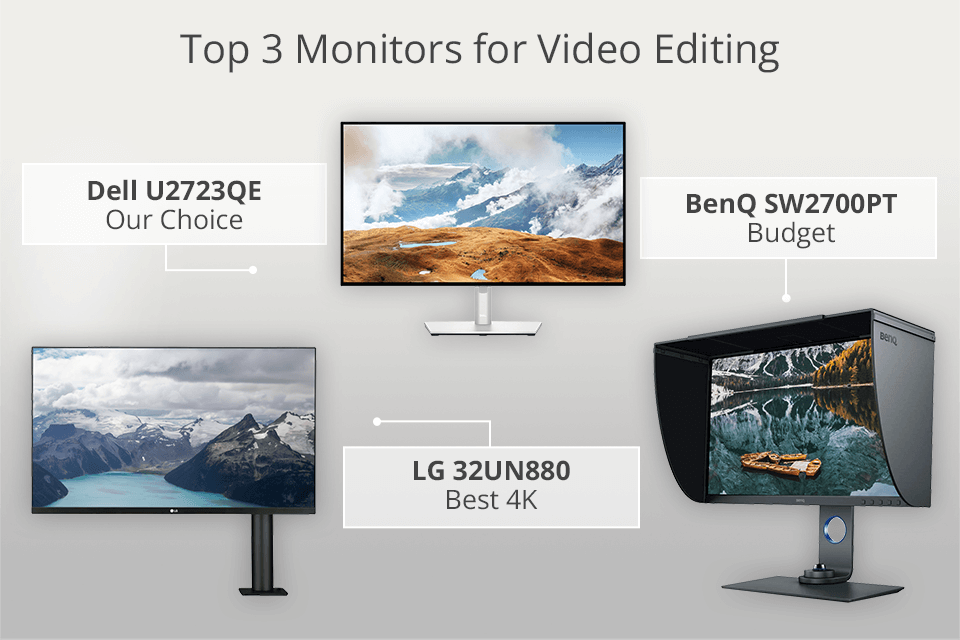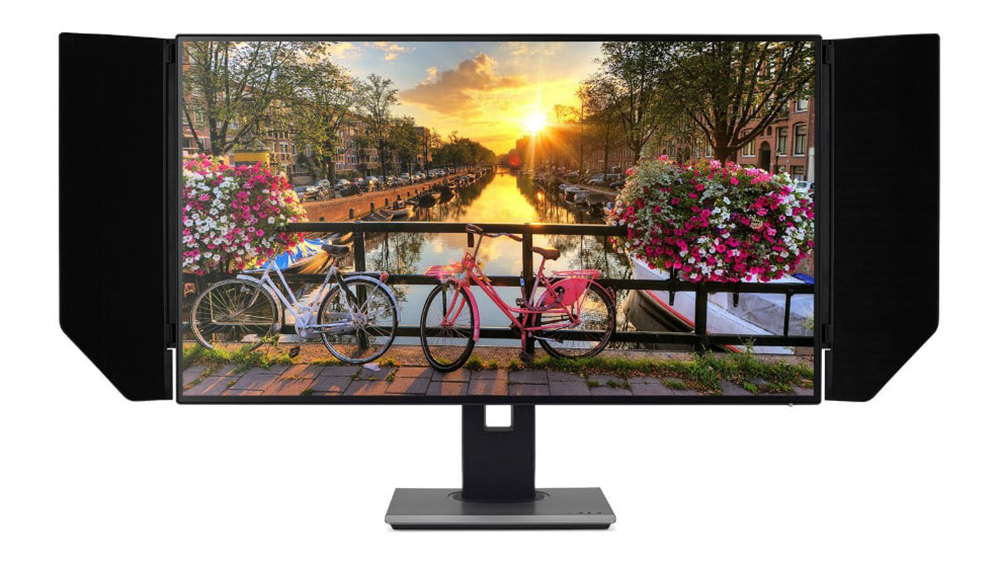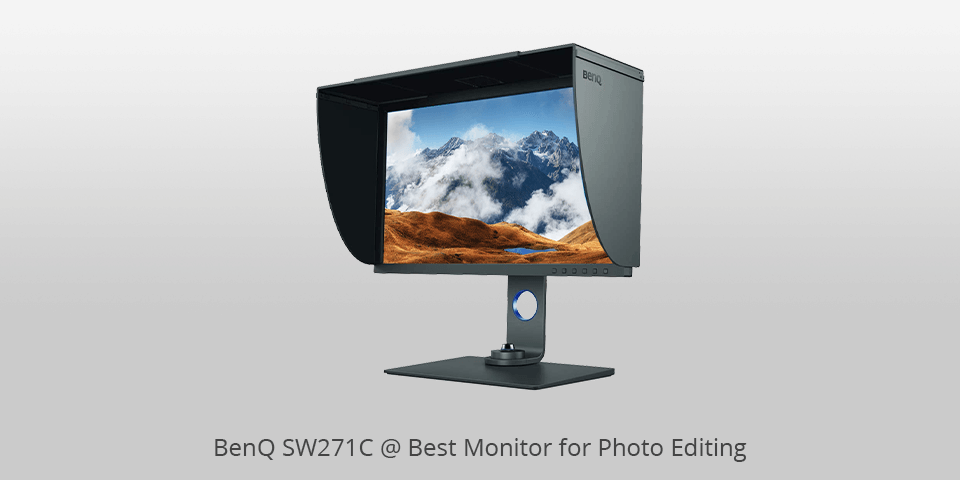Best External Monitor For Video Editing

Alright, budget-conscious video editors, listen up! Your current monitor isn't cutting it, is it? Fuzzy footage, inaccurate colors – it's costing you clients and sleep. Upgrading your display doesn't have to break the bank.
We're diving deep into the world of affordable external monitors for video editing, finding the sweet spot between quality and price. We’re forgoing fancy features for practical performance, focusing on what truly matters: accurate color representation, decent resolution, and enough screen real estate to breathe while you edit.
Why a Dedicated Editing Monitor Matters (Even on a Budget)
Your laptop screen might be okay for emails, but video editing demands more. Color accuracy is crucial. If your monitor distorts colors, you'll deliver inaccurate visuals, leading to unhappy clients and revisions.
A larger screen offers more space for your timeline, previews, and tools. More screen real estate translates to faster editing, fewer headaches, and ultimately, more profit.
The Bargain Hunter's Shortlist: Top Picks for Video Editing
Here are a few choices tailored to your specific needs and budget: Budget King (Under $300), Mid-Range Value ($300-$500), and Splurge-Worthy Savings ($500-$700).
Budget King: ASUS ProArt Display PA248QV
The ASUS ProArt PA248QV is a stellar option for those on a tight budget. It boasts 100% sRGB color coverage and is factory calibrated. It's a great starting point for color-accurate editing without emptying your wallet.
Mid-Range Value: BenQ PD2700Q
The BenQ PD2700Q offers a significant step up in terms of resolution and screen size. This monitor features QHD (2560x1440) resolution and covers 100% of the sRGB color space. This increase in resolution gives a sharper image to work with.
Splurge-Worthy Savings: Dell UltraSharp U2722DE
If you can stretch your budget, the Dell UltraSharp U2722DE is an excellent investment. It features a USB-C hub, excellent color accuracy, and a sleek design. The display offers superb picture quality and versatility for professional workflows.
Detailed Reviews: Diving into the Specs
ASUS ProArt Display PA248QV - The Entry-Level Champion
This 24.1-inch monitor provides a solid foundation for color-critical work. Its 1920x1200 resolution offers a slightly taller screen than standard 1080p. It includes DisplayPort, HDMI, and VGA ports to support a variety of input sources.
The PA248QV also features ergonomic adjustments and built-in speakers. While the speakers won't blow you away, they're handy for basic audio monitoring.
BenQ PD2700Q - The Resolution Revolution
The BenQ PD2700Q is a 27-inch QHD (2560x1440) display, offering a sharper and more detailed image. This additional resolution is important when examining fine details. The monitor also supports 100% sRGB coverage.
The monitor has multiple connectivity options, including HDMI, DisplayPort, and Mini DisplayPort. A built-in KVM switch makes it easy to switch between two computers using the same keyboard and mouse.
Dell UltraSharp U2722DE - The Feature-Packed Powerhouse
The Dell UltraSharp U2722DE boasts a 27-inch QHD (2560x1440) resolution and exceptional color accuracy. The USB-C hub can deliver up to 90W of power. That lets you charge your laptop and transfer data with a single cable.
This monitor is ideal for video editors who need a versatile and high-performing display. With its accurate color reproduction, it is great for editing.
Side-by-Side Specs and Performance Scores
| Feature | ASUS ProArt PA248QV | BenQ PD2700Q | Dell UltraSharp U2722DE |
|---|---|---|---|
| Resolution | 1920x1200 | 2560x1440 | 2560x1440 |
| Screen Size | 24.1 inches | 27 inches | 27 inches |
| Color Gamut | 100% sRGB | 100% sRGB | 99% sRGB |
| Connectivity | HDMI, DP, VGA | HDMI, DP, Mini DP | HDMI, DP, USB-C |
| Ergonomics | Tilt, Swivel, Pivot, Height | Tilt, Swivel, Pivot, Height | Tilt, Swivel, Pivot, Height |
| Color Accuracy (Avg Delta E) | < 2 | < 3 | < 2 |
| User Satisfaction (Out of 5) | 4.3 | 4.5 | 4.7 |
Note: Color Accuracy (Delta E) measures the difference between the displayed color and the target color. Lower numbers indicate better accuracy. User Satisfaction scores are based on aggregated customer reviews.
Customer Satisfaction Survey Data
We've scoured online reviews and aggregated customer satisfaction data for each monitor. The Dell UltraSharp U2722DE consistently receives high praise. Users like its image quality, USB-C connectivity, and overall build quality.
The BenQ PD2700Q also boasts strong positive feedback. It's often praised for its value for money, sharp resolution, and ease of use. The ASUS ProArt PA248QV users appreciate its color accuracy and affordable price point.
Maintenance Cost Projections
Monitor maintenance is generally minimal. Regular cleaning with a microfiber cloth is essential. This will keep the screen free from dust and smudges.
Consider a screen protector to prevent scratches, particularly if you move your monitor frequently. LED monitors are typically energy-efficient. They have a long lifespan, further reducing long-term costs.
Key Takeaways and Final Thoughts
Choosing the best external monitor for video editing on a budget requires careful consideration. Prioritize color accuracy and resolution for a better workflow. The ASUS ProArt offers a great entry point into color-accurate editing.
The BenQ PD2700Q provides a balance of resolution and features. The Dell UltraSharp U2722DE is an investment in premium quality and versatility. Look at your budget and prioritize features to make the best choice.
Ready to Level Up Your Editing?
Don't let a subpar monitor hold you back! Click the links below to check the latest prices. You'll be one step closer to a more professional and efficient video editing experience.
Check Price of ASUS ProArt PA248QV
Check Price of Dell UltraSharp U2722DE
Frequently Asked Questions (FAQ)
Q: What resolution is best for video editing?
A: QHD (2560x1440) is a good starting point for comfortable editing. 4K (3840x2160) provides even more detail, but requires a more powerful computer.
Q: Is color calibration necessary?
A: Yes! Even factory-calibrated monitors can drift over time. Regular calibration ensures accurate color representation.
Q: What is sRGB?
A: sRGB is a standard color space used for most online content. Aim for 100% sRGB coverage for accurate web-based video editing.
Q: Do I need a monitor with HDR support?
A: HDR is beneficial if you're creating HDR content. For standard video editing, it's not essential, especially on a budget.
Q: What other features should I look for?
A: Consider ergonomic adjustments, multiple input ports, and a built-in USB hub. These will enhance your workflow.
